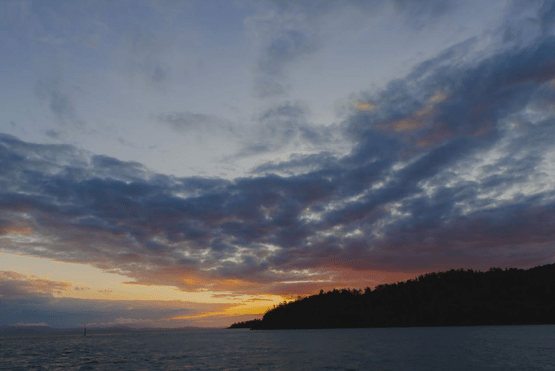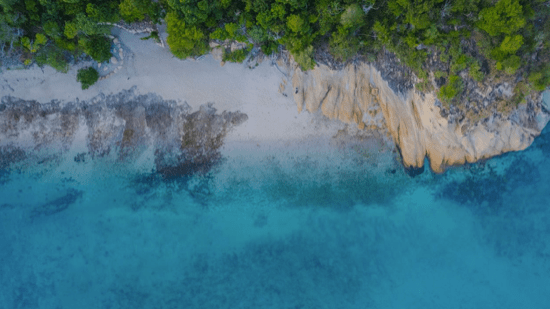Eco-Tourism in the Whitsundays: Preserving the Great Barrier Reef
Introduction:
Welcome to the Whitsundays, a destination that combines natural beauty with a commitment to environmental preservation. As custodians of the awe-inspiring Great Barrier Reef, the Whitsundays has embraced the principles of eco-tourism to ensure the long-term sustainability of this precious ecosystem. Join us as we explore how eco-tourism practices in the Whitsundays are not only providing unforgettable experiences for visitors but also playing a vital role in preserving the Great Barrier Reef for generations to come.

A Living Wonder:
The Great Barrier Reef, a UNESCO World Heritage site, is the largest coral reef system on Earth, spanning over 2,300 kilometers. Its extraordinary biodiversity and delicate coral formations make it an irreplaceable natural treasure. Recognizing the importance of protecting this fragile ecosystem, eco-tourism initiatives in the Whitsundays have emerged as a responsible way to experience and appreciate the reef while minimizing environmental impact.
Sustainable Tourism Practices:
Eco-tourism operators in the Whitsundays have embraced sustainable practices to ensure that visitors can enjoy the reef without causing harm. From eco-friendly vessel design and fuel-efficient engines to waste management and recycling programs, every effort is made to reduce the carbon footprint and minimize waste generation. These practices not only protect the delicate marine environment but also serve as an example of responsible tourism for other destinations around the world.

Education and Awareness:
Eco-tourism in the Whitsundays goes beyond environmental practices; it also plays a crucial role in raising awareness and educating visitors about the importance of reef conservation. Many tour operators offer educational programs and guided tours that provide insights into the reef’s biodiversity, threats it faces, and the role individuals can play in preserving it. By fostering a deeper understanding and appreciation of the reef, eco-tourism encourages visitors to become ambassadors for its protection.
Low-Impact Activities:
Eco-tourism activities in the Whitsundays are designed to have minimal impact on the delicate reef ecosystem. Snorkeling and diving tours, for example, follow designated paths to avoid damaging coral and marine life. Similarly, sailing trips prioritize wind power over motorized vessels, reducing noise and pollution while preserving the tranquility of the surroundings. By adhering to these low-impact practices, eco-tourism ensures that the reef remains pristine for future generations.
Citizen Science Initiatives:
In the spirit of community engagement, some eco-tourism operators in the Whitsundays have established citizen science programs. These initiatives allow visitors to contribute to ongoing research and monitoring efforts conducted by marine scientists. Through activities such as collecting data, identifying species, and even participating in coral restoration projects, visitors become active participants in reef conservation. This hands-on experience fosters a sense of responsibility and ownership towards the preservation of the Great Barrier Reef.
Collaboration for Conservation:
Eco-tourism operators in the Whitsundays understand that collaboration is key to preserving the reef’s long-term health. They work closely with local authorities, research institutions, and conservation organizations to support initiatives aimed at reef restoration, research, and public awareness. By partnering with these stakeholders, eco-tourism operators contribute to the collective effort of safeguarding the Great Barrier Reef for future generations.

Eco-tourism in the Whitsundays is not just about exploring the Great Barrier Reef; it’s a commitment to protecting this natural wonder for years to come. Through sustainable practices, education, and collaborative efforts, the eco-tourism industry in the Whitsundays is leading the way in responsible tourism. By choosing eco-friendly tours and supporting initiatives focused on reef conservation, visitors can enjoy an unforgettable experience while actively contributing to the preservation of the Great Barrier Reef. Together, we can ensure that this natural treasure remains a source of wonder and inspiration for generations to come.
Visit Ozsail Whitsundays (www.ozsailwhitsundays.com.au) to learn more about eco-friendly tour options and how you can be a responsible traveler in the Whitsundays.
